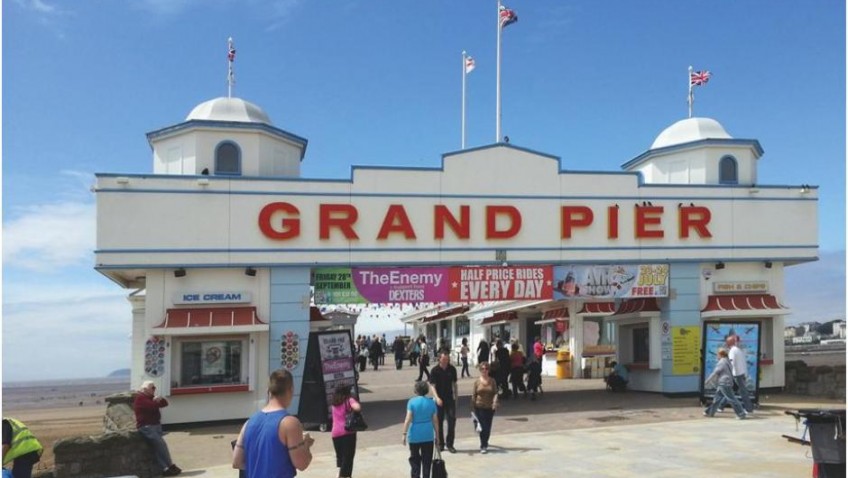With the General Election only a couple of months behind us, I am sure most of us are heartily sick of politics.
But we cannot have life without politics, with a small p, and I was reminded of my days on our village parish council by a photo posted on facebook of the parish council members in 1983.
This is politics at its lowest level and many budding MPs may have started their civic interest at this level. Whatever the motivation these bodies are essential to the running of the county so if you care about your community you may be interested to learn more about them.
A parish council is a civil local authority found in England and is the lowest, or first, tier of local government. They are elected corporate bodies, have variable tax raising powers, and are responsible for areas known as civil parishes serving 16 million people. A parish council serving a town may be called a town council, and a parish council serving a city is styled a city council; these bodies have the same powers, duties and status as a parish council.
Parish and town councils vary enormously in size, activities and circumstances, representing populations ranging from less than 100 (small rural hamlets) to up to 70,000 (Weston-Super-Mare Town Council). The majority of them are small; around 80% represent populations of less than 2,500.
My own council served a small village of approximately 700 locals and was made up of around 9 elected members who actually have very little power but were expected to have opinions on everything affecting the village, including planning permission and policing.
There are 9,000 local councils (parish and town) in England. Over 16 million people live in communities served by local councils, which is around 25% of the population, and about 80,000 councillors serve on these councils. It is calculated £1 billion is invested in these communities every year. Local councils work to improve community well-being and provide better services at a local level.
Three categories
Their activities fall into three main categories: representing the local community, delivering services to meet local needs, and improving quality of life and community well being.
Local councils can provide and maintain a variety of important and visible local services including allotments, bridleways, burial grounds, bus shelters, car parks, commons and open spaces, community transport schemes, community safety and crime reduction measures, events and festivals, footpaths, leisure and sports facilities, litter bins, public toilets, planning, street cleaning and lighting, tourism activities, traffic calming measures, village greens and youth projects. These existing powers were recently strengthened by powers contained in the Localism Act including the extension of the General power of competence to eligible local councils.
Not every civil parish has a parish council; smaller ones—typically those with an electorate of fewer than 200—have parish meetings instead. A parish with a small number of electors may share a council with one or more neighbouring parishes: such an arrangement is known as a combined or joint parish council.
Parish councils receive funding by levying a “precept” on the council tax paid by the residents of the parish. Parish councils comprise unpaid councillors who are elected to serve for four years unless a casual vacancy arises which may be filled by a by-election or by co-option.
Meetings
The conduct of meetings is set out Schedule 12 of the Local Government Act 1972, and where this is not overridden by legislation, by the standing orders of the council. Most adopt the National Association of Local Councils (NALC) model standing orders.
A parish council consists of the chairman and not less than five elected parish councillors. A parish council must hold an annual meeting and at least three other meetings in a year, however monthly meetings are the most common. An extraordinary meeting may be called at any time by the chairman or members but due notice must be given.
So while there are strict rules to follow in the meeting procedure the actual debates and discussion can be highly entertaining and informative. In my particular seaside parish we had an ongoing problem with a naturist beach and had to send in the police, undercover and in plain clothes. It made for some amusing minutes.
Most meetings are open to the public so it may be worthwhile going along and studying politics at the grass roots. And maybe you will be tempted to stand for office yourself.
by Christine Parkinson




